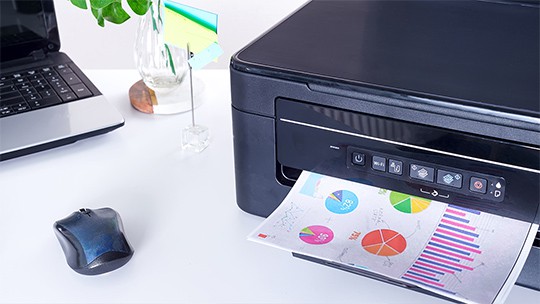Touch screens have become so common in only a matter of years that it can be hard to remember life before they became ubiquitous. They’re everywhere now: on our phones, at the bank, on our computers – without them, we wouldn’t even have tablets. But they’re still a relatively new technology and constantly changing, not only as consumer electronics push demand for constant innovation but also as their applications expand in other uses as well.
Touch Screens in Automobiles
While initially met with lukewarm reviews, the touch screen in the automobile still seems inevitable, while haptic technology and gesture control are making it easier for drivers to adapt. These are easing many consumers’ concerns over safety or accuracy; essentially, while you can feel your way through knobs, you have to look at a touchscreen, and that’s a problem for those behind the wheel. Automobile touch screens can’t work like a smartphone, but the creative design is reinventing displays and resulting in more intuitive options.
Digital Signage
Retail loves digital signage displays, especially interactive kiosks, and it looks like it has the ability to transform the retail experience. From virtual wardrobes to mobile interactivity, digital signage is coming into its own and consumers expect more than just another display to get their attention. Digital shelf edge displays are also proving to be a powerful tool when it comes to purchasing decisions, so you expect to see shelf edge marketing in stores. Reduced software and hardware costs also mean that smaller retailers are going to be getting in on the action with digital signage, where in the past you may have only seen it used in flagship stores.
Haptic Holography
Haptic holography isn’t exactly touchscreen technology as we know it – you don’t actually touch a screen, but in fact, interact with a holographic image projected onto the air. Reflective surfaces help create the image in the air of icons or buttons that the user can manipulate, while infrared sensors register the user’s hand. The HaptoMime from the University of Tokyo has recreated the feeling of touch in their holographic display by using haptic feedback. The device uses ultrasonic vibrations to create haptic feedback when your finger interacts with the holographic controls.
ULTRA Resistive Touch Screens
Not all cutting edge touch screen technology is intended for use in consumer electronics, and while they may not grab the headlines of tech blogs or seem like they’re straight out of a science fiction movie, ULTRA resistive touch screens are the solution for extreme conditions and mission-critical applications. Made by touch screen manufacturer A D Metro, the ULTRA resistive touch screen is ideal for applications like public kiosks, retail, mobile computing, industrial control panels, aerospace, medical, military, and transportation.
The ULTRA resistive touch screen uses a borosilicate glass surface, tougher and more durable than the polyethylene surface typically used in resistive touch screens. A finger or a stylus can activate it despite the presence of contaminants like dust, dirt, grease, or food (useful both on the factory floor and in the hospitality industry). Its glass surface is also resistant to scratching and chemicals, plus, A D Metro has made it resistant to shattering and spalling, meaning the sensors remain operational even after repeated impact. Finally, it’s waterproof and weatherproof, making it a popular option in outdoor kiosks like ATMs.
A professional content writer and blogger. Technology advocate. I combine my passion for new technology and innovation in my writing to share news and updates about the latest gadgets and tech options on the market with my followers.



















































































































































































